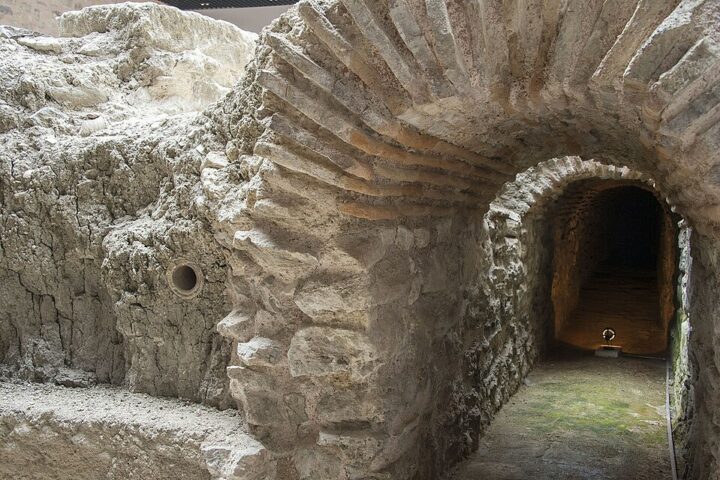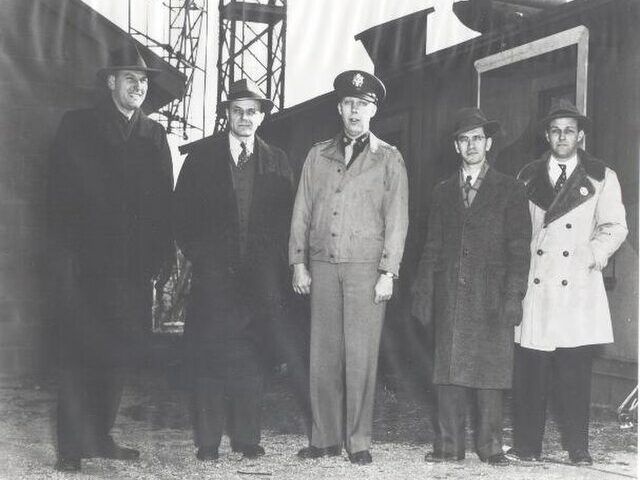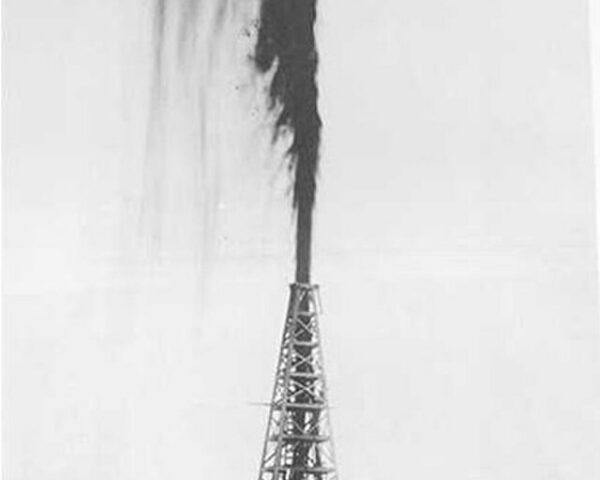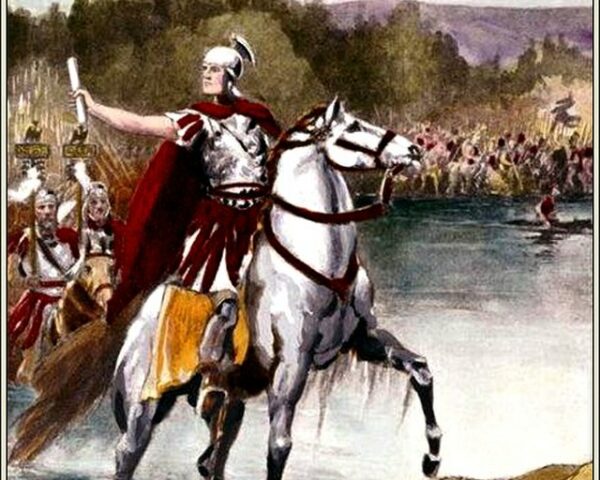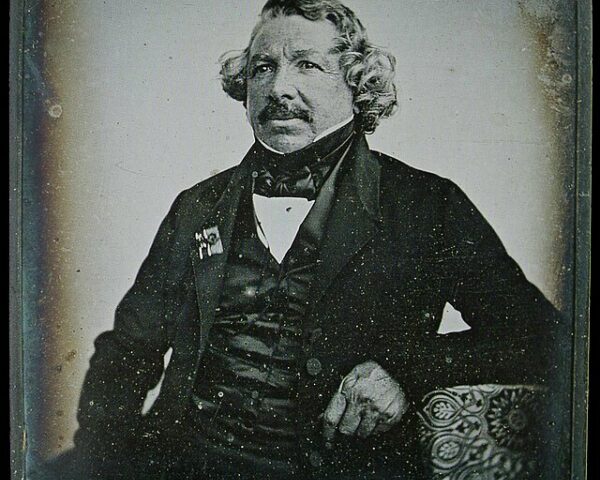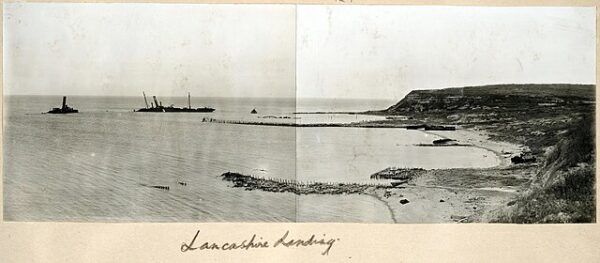On January 12, 1969, the New York Jets pulled off one of the greatest upsets in sports history, defeating the heavily favored Baltimore Colts 16-7 in Super Bowl III. Held at the Orange Bowl in Miami, this historic victory not only cemented the Jets’…
Read MorePeople have always been passionate about their favorite sports teams. On January 11, 532, a quarrel that began among rival chariot-racing factions in the Hippodrome of Constantinople erupted into one of the most violent urban uprisings of antiquity: the Nika riots. What started as…
Read MoreOn January 11, 1927, MGM’s Louis B. Mayer forever changed the way we celebrate movies by announcing the formation of the Academy of Motion Picture Arts & Sciences. The original creation of the Academy had less to do with celebrating achievement on the big…
Read MoreOn January 11, 1973, Major League Baseball’s owners made a historic decision by approving the use of the designated hitter (DH) rule in the American League (AL). This change significantly impacted the sport’s traditional strategy and marked one of baseball’s most transformative moments in…
Read MoreOn January 10, 1946, in the austere aftermath of World War II, a small team of American scientists quietly achieved something that, in retrospect, marked the opening salvo of the Space Age. At Camp Evans, a former radar laboratory in New Jersey, the United…
Read MoreOn January 10, 1901, the fate of Texas changed forever. The eruption of the Spindletop oil gusher marked the dawn of the modern petroleum industry. This discovery transformed Texas’s economy, culture, and global standing, sparking an oil boom that defined much of the 20th…
Read MoreJulius Caesar’s crossing of the Rubicon on January 10, 49 BC, marked a defining moment in Roman history, heralding a seismic shift in the Republic’s power dynamics. The Rubicon, a river that demarcated the boundary between Cisalpine Gaul and Italy proper, was more than…
Read MoreOn a winter day in Paris on January 9, 1839, the modern world blinked into focus. Before a gathering of scholars and savants, the French Academy of Sciences announced that it would soon reveal a new method for fixing images from light itself—a process…
Read MoreOn January 9, 1861, the United States moved one step closer to going to civil war. On that day, A crew on The Star of the West, a ship hired by the U.S. government to supply American troops, found itself caught in between working for…
Read MoreOn January 9, 1916, the Battle of Gallipoli ended with a decisive Ottoman victory, marking a pivotal moment in World War I. This campaign, spanning from April 25, 1915, to January 1916, represented a daring but unsuccessful Allied attempt to seize control of the…
Read More


